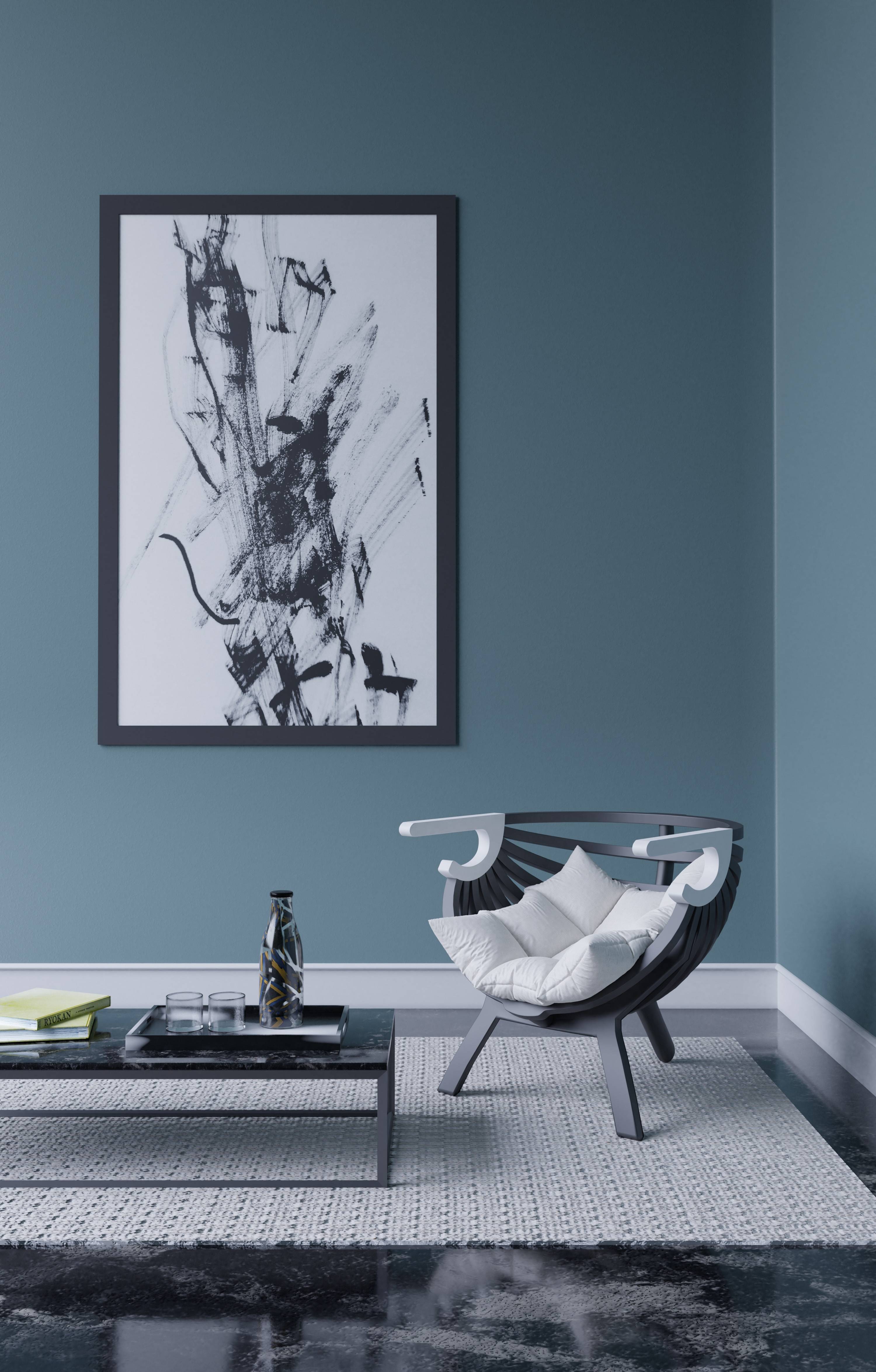
All

UIL Insurance vs. Private Mortgage Insurance: Making the Right Choice
UIL Insurance vs. Private Mortgage Insurance: Making the Right Choice
Understanding the Differences and Benefits of UIL Insurance and Private Mortgage Insurance
When it comes to buying a home, one of the crucial decisions you need to make is choosing the right type of insurance to protect your investment. Two common options are UIL insurance and private mortgage insurance (PMI). While both serve the purpose of safeguarding lenders in case of default, there are significant differences between the two. In this blog post, we will explore the nuances of UIL insurance and PMI, helping you make an informed decision that aligns with your financial goals and needs.
UIL Insurance vs. Private Mortgage Insurance: Understanding the Basics
UIL Insurance:
UIL insurance, also known as Unfair Insurance Liability, is a type of coverage that protects lenders from losses incurred due to borrower defaults. It is typically required for borrowers with lower credit scores or a higher debt-to-income ratio. UIL insurance acts as a safeguard for lenders by providing compensation in the event of foreclosure or non-payment. The cost of UIL insurance is usually included in the borrower's monthly mortgage payment.
Private Mortgage Insurance:
Private Mortgage Insurance (PMI) is another form of insurance that lenders require from borrowers who make a down payment of less than 20% of the home's purchase price. PMI protects the lender in case the borrower defaults on the loan. Unlike UIL insurance, PMI can be canceled once the borrower reaches a certain level of equity in the home, usually when the loan-to-value ratio falls below 80%. This allows homeowners to eliminate the additional cost of PMI over time.
Comparing Costs and Coverage
UIL Insurance:
UIL insurance premiums are typically higher compared to PMI, as it is designed for borrowers with higher risk profiles. The exact cost of UIL insurance depends on factors such as the borrower's credit score, loan amount, and loan-to-value ratio. It is essential to note that UIL insurance does not provide any coverage or protection for the homeowner. Its sole purpose is to protect the lender's financial interests.
Private Mortgage Insurance:
PMI premiums are generally lower compared to UIL insurance, making it a more affordable option for borrowers who do not meet the 20% down payment requirement. PMI offers coverage to the lender, but it also benefits the homeowner by allowing them to qualify for a mortgage with a lower down payment. As mentioned earlier, PMI can be canceled once the borrower reaches a certain level of equity, reducing the overall cost of homeownership.
According to the Mortgage Bankers Association, "Private Mortgage Insurance offers borrowers an opportunity to purchase a home with less than a 20% down payment, helping them achieve homeownership sooner. It also provides lenders with an additional layer of protection against potential losses."
Choosing between UIL insurance and private mortgage insurance requires careful consideration of your financial situation and long-term goals. UIL insurance is typically required for borrowers with higher risk profiles, while PMI is commonly used by borrowers who make a smaller down payment. Understanding the differences in costs, coverage, and cancellation options can help you make an informed decision. Ultimately, the right choice depends on your specific circumstances and preferences. Consult with a mortgage professional to determine the best option for your home buying journey.
Related Posts
© 2024 Invastor. All Rights Reserved

User Comments
User Comments
There are no comments yet. Be the first to comment!